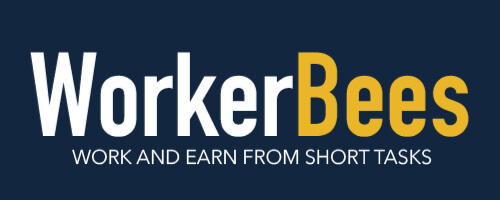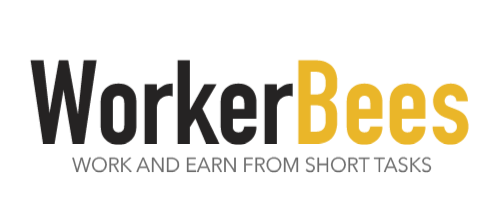Java is one of the most popular programming languages in the world, known for its versatility and robustness. To develop high-quality Java applications efficiently, developers rely on various tools that enhance their productivity, simplify development tasks, and streamline the debugging process. In this article, we will explore ten must-have tools for Java developers, encompassing a wide range of functionalities.
Title: 10 Must-Have Tools for Java Developers
Introduction:
Java is one of the most popular programming languages in the world, known for its versatility and robustness. To develop high-quality Java applications efficiently, developers rely on various tools that enhance their productivity, simplify development tasks, and streamline the debugging process. In this article, we will explore ten must-have tools for Java developers, encompassing a wide range of functionalities.
1. Integrated Development Environment (IDE):
An IDE is an essential tool for any Java developer. It provides a comprehensive development environment that includes features such as code editors, debuggers, build automation and version control integration. Some popular Java IDEs include Eclipse, IntelliJ IDEA, and NetBeans. These IDEs offer advanced code completion, debugging capabilities, and project management features, making them indispensable tools for Java development.
2. Build Automation Tools:
Build automation tools like Apache Maven and Gradle to automate the process of compiling, testing, and packaging Java applications. They manage project dependencies, handle build configurations, and simplify the deployment process. These tools help developers save time by automating repetitive tasks and ensuring consistent builds across different environments.
3. Version Control System (VCS):
Version control systems such as Git are essential for managing source code and collaborating with other developers. Git allows Java developers to track changes, create branches, merge code, and roll back to previous versions. Platforms like GitHub and Bitbucket provide additional features like issue tracking and code review, facilitating effective team collaboration and project management.
4. Unit Testing Frameworks:
Unit testing is crucial for writing reliable and maintainable Java code. Popular unit testing frameworks like JUnit and TestNG provide a structured approach to writing and executing tests. These frameworks offer features such as assertions, test runners, and test fixtures, enabling developers to automate testing and ensure the quality of their code.
5. Profiling Tools:
Profiling tools like VisualVM and YourKit are essential for optimizing the performance of Java applications. They help identify memory leaks, performance bottlenecks, and excessive resource usage. These tools provide real-time data and analysis, enabling developers to optimize their code and enhance the overall performance of their applications.
6. Code Analysis Tools:
Code analysis tools like SonarQube and FindBugs analyze Java code for potential issues, bugs, and code smells. They provide automated code reviews, static code analysis, and metrics to ensure code quality and adherence to coding standards. These tools assist developers in identifying and resolving common coding errors and maintaining a high level of code quality.
7. Documentation Tools:
Effective documentation is crucial for maintaining and enhancing Java applications. Tools like Javadoc automate the process of generating API documentation from Java source code. These tools allow developers to add comments and annotations to their code, which are then transformed into HTML-based documentation. Javadoc helps developers create comprehensive and up-to-date documentation for their projects.
8. Application Servers:
Java application servers like Apache Tomcat and JBoss/WildFly provide a runtime environment for deploying and running Java applications. They handle requests, manage resources, and ensure the smooth execution of Java web applications. These servers offer features such as load balancing, session management, and clustering, making them indispensable tools for Java web development.
9. Profilers:
Profiling tools like Java Flight Recorder (JFR) and Java Mission Control (JMC) help Java developers monitor and analyze the performance of their applications in real time. They collect data about CPU usage, memory allocation, thread behavior, and more. Profilers enable developers to identify performance bottlenecks, optimize resource utilization, and improve the overall efficiency of their Java applications.
10. Continuous Integration (CI) Tools:
CI tools like Jenkins and Bamboo automate the process of building, testing, and deploying Java applications. They integrate with version control systems and build automation tools to




















